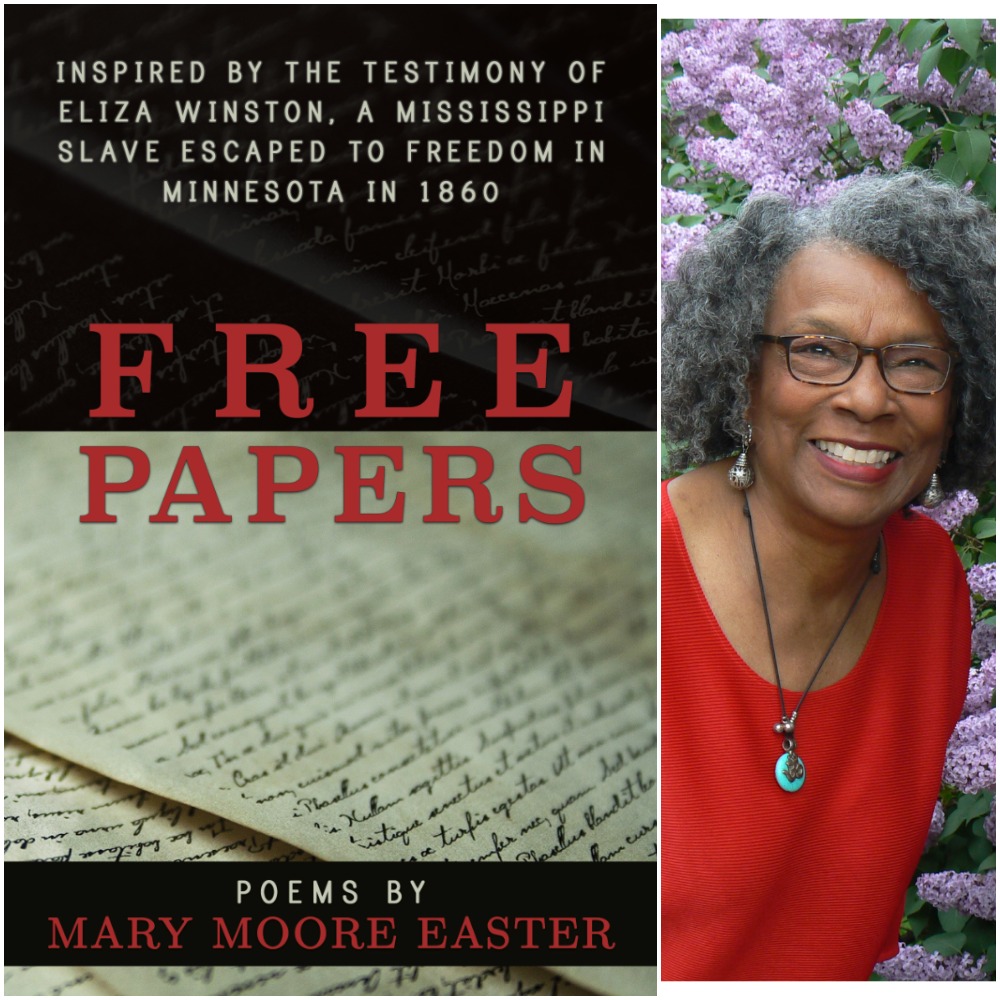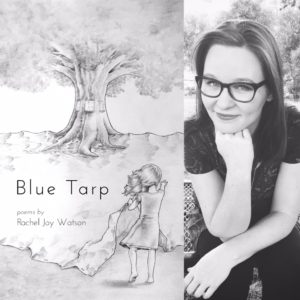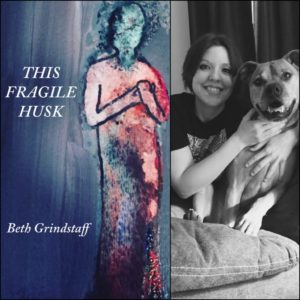Description
Free Papers: poems
inspired by the testimony of Eliza Winston, a Mississippi slave freed in Minnesota in1860
by Mary Moore Easter
$14.99, paper
978-1-64662-440-9
2021
Free Papers: poems is a dramatic poem sequence that conveys aspects of what is known and what is imagined by poet Mary Moore Easter about an African American woman’s dramatic escape from slavery in 1860. The poet first learned about Eliza Winston at the African American History Museum in Minneapolis, Minnesota, and was galvanized by her story. Indeed, Easter was drawn to Eliza in a way that felt fateful, as if she were being called to witness and not only write about Eliza, but also in Eliza’s voice. From her own century she identifies with Eliza calling herself “a mirror that reflects what it sees,” another black woman claiming “the you that was me.”
Mary Moore Easter is the author of The Body of the World (Minnesota Book Award in Poetry Finalist, 2019); Walking from Origins; From the Flutes of Our Bones (fall 2020), and Free Papers. A Pushcart Prize-nominated poet, Cave Canem Fellow, veteran dancer /choreographer, and emerita professor of dance at Carleton College, Easter is the mother of two daughters and four grandchildren.






Daryl Cumber Dance –
Mary Moore Easter, Free Papers: poems: a review by Daryl Cumber Dance
“Some things go. Pass on. Some things just stay. . . . Where I was before . . ., that place is real. It’s never going away, . . . and what’s more, if you go there–you who never was there—if you go there and stand in the place where it was, it will happen again; it will be there for you, waiting for you.”
(Warning of escaped slave, Sethe, in Toni Morrison’s Beloved)
Thank God and praise be to her Chi, Mary Moore Easter happened upon a similar “there,” and stood in that place in Memphis where a brave and determined runaway, Eliza, was waiting for her. Eliza, enslaved and then cheated out of the freedom for which she and her husband purchased property in Memphis, was long since forgotten when Easter had the great good fortune to find Eliza’s “gone body” and had the courage and eloquence “to right (write)” her.
Easter, recognizing how privileged she is to be the one to discover this “gold,” this “prize,” proceeds to tell Eliza’s story, to interpret Eliza’s words, to follow Eliza’s flights/fights, to manifest Eliza’s dreams, to detail Eliza’s character, to chart Eliza’s freedom, to see herself in Eliza, and, ultimately, to guide us to recognize ourselves in Eliza. Free Papers is a welcomed reminder that we will never attain self-knowledge, freedom, and, indeed, salvation until we discover and embrace the ancestors.
Free Papers is a chapbook of luminous and unforgettable verse, compellingly illustrated in “In the Words of Her Mouth, a Sermon Is Made.” Here Easter takes Eliza as her text and preaches her in a poetic sermon that matches the unforgettable brilliance and triumph of classic African American sermons such as “Ain’t I a Woman,” “An Ante-bellum Sermon, “Behold de Rib!” and “I Have a Dream.” And when Easter finishes giving us Eliza’s powerful testimony, interpreting Eliza’s message, reinforcing Eliza’s tribulations, celebrating Eliza’s freedom, and entreating our response, we are no longer observing and reading, we are on our feet, crying, “Hallelujah! Hallelujah! Hallelujah! Amen.”